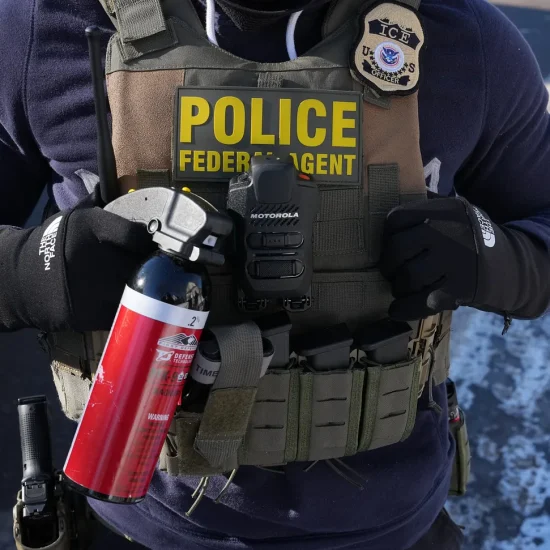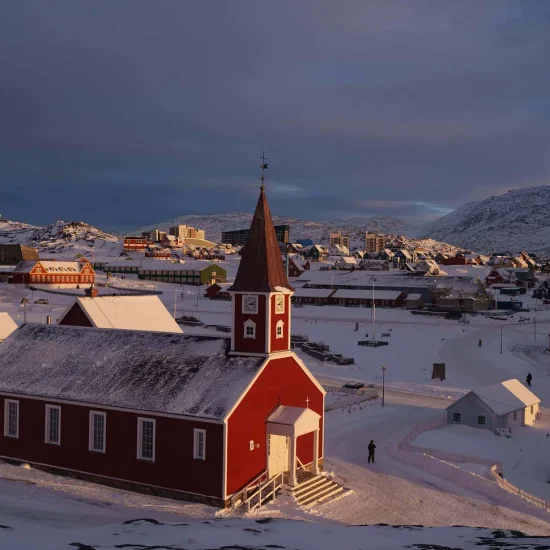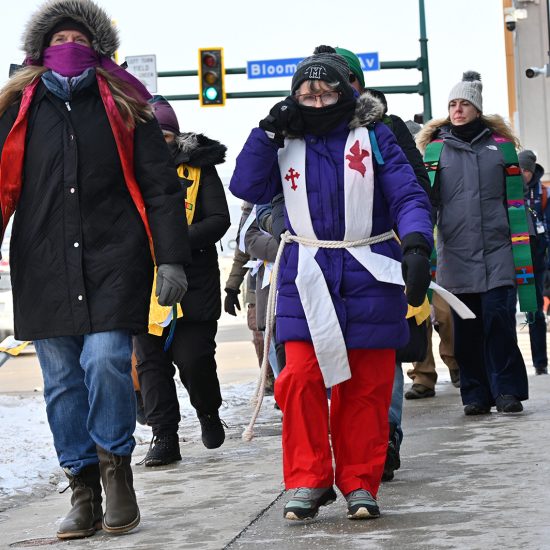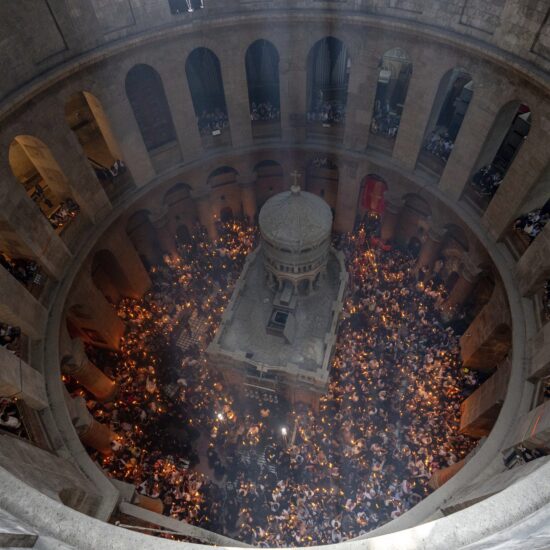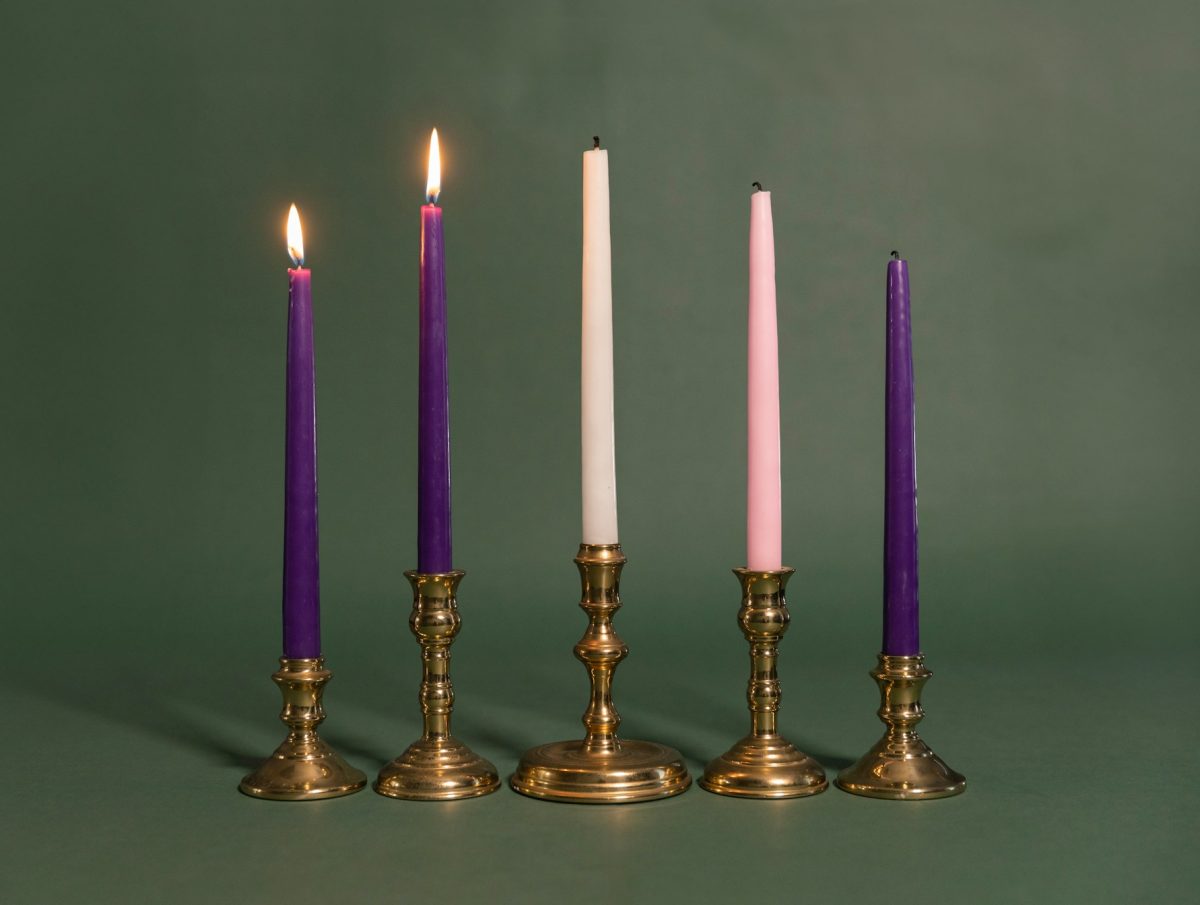
As Advent begins, Christians around the world prepare to celebrate the birth of Christ. We light candles symbolizing hope, peace, joy, and love, and reflect on the story of Jesus’s birth in Bethlehem. Yet this season, Bethlehem and the broader Holy Land are shrouded in suffering, as violence, displacement, and loss grip communities in Gaza and the West Bank.
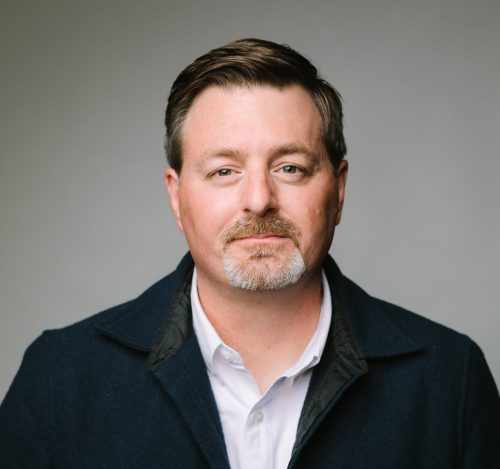
Dave Davis
During this Advent, we are called not just to commemorate the birth of Jesus, but to embody His teachings — to love our neighbors as ourselves, to stand with the oppressed, and to be peacemakers in a world yearning for reconciliation. As we prepare for the Prince of Peace, it is essential that we don’t turn a blind eye to the reality in the Holy Land, where millions of Palestinians, including over 160,000 Christians, are enduring unimaginable hardship. We must recognize that endless war and occupation are having terrible consequences for all people in the region.
The story of Christ’s birth is deeply intertwined with the realities of occupation, displacement, and struggle. Born into a land under Roman rule, Jesus entered the world in a lowly manger in a town far from home and full of family returning for the census — an imperial exercise in extracting more wealth from the local population. After His birth, His family became refugees fleeing murderous, state-sanctioned persecution by the Romans, remembered as the “slaughter of the innocents,” becoming refugees in Egypt.
Today, millions of Palestinians, including the Palestinian Christian community, are living a similar story. Nearly two million people in Gaza have been displaced since October 7, 2023, forced to leave their homes amidst bombings and destruction. Women give birth in tents — as Mary did — surrounded by rubble, as hospitals and other medical facilities have been destroyed or damaged beyond operable use. Families grieve unimaginable losses and experience horrific inhumanity, yet somehow manage to cling to their lives, faiths, and loved ones, desperately navigating daily survival. Palestinians in the West Bank live under a brutal regime of occupation, with echoes of Christ’s experience under Roman rule.
The suffering of Palestinians today is not a distant reality, separate from our own lives as American Christians. In truth, our government plays a direct role in shaping the conditions of this conflict, providing weapons and military aid and enacting foreign policies that often perpetuate violence, injustice, and the falsehood that peace is a zero-sum game in the region.
Advent is a season of both accountability and anticipation. As we anticipate the coming of Christ as a light amidst the darkness, we also need to consider why it is we prefer the darkness that comes with turning away from the catastrophe occurring every day, over the the light that comes from following Jesus into conflict and leveraging our collective power and solidarity to build peace. We must reflect on the role our communities and congregations can play in redirecting US policies toward peace, justice, and human flourishing for all people in the Holy Land, Palestinian and Israeli, Christian, Jewish, and Muslim.
As Christians, we are called to be peacemakers. Matthew 5:9 reminds us: “Blessed are the peacemakers, for they will be called the children of God.” This calling to make peace is not just for those geographically near us. It extends across borders, urging us to advocate for justice, dignity, and reconciliation in places like Gaza and the West Bank, especially for those who are a part of the bride of Christ, the church.
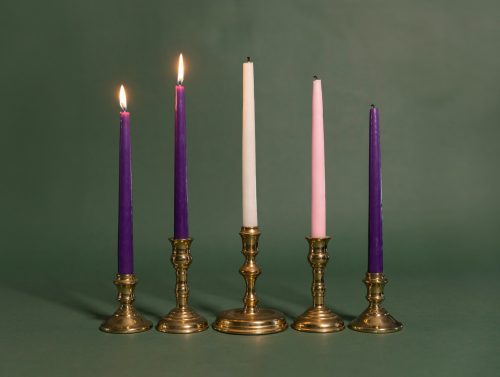
Photo by KaLisa Veer on Unsplash
Yet today, there are parts of this body that feel rejected by the rest. For many Palestinian Christians, the sense of abandonment by the global church is felt in a profound way. This Advent, we must remember that Christ’s light shines most brightly in the darkest of places, that God really is with us, Immanuel — even those parts of the body that feel most forgotten. By standing with Palestinian Christians and all those suffering in the Holy Land, we affirm they are not alone, that their cries for justice are heard, and their struggles are not in vain.
Advent is meant to be a season of hope and light. For the vast majority of Palestinians, both hope and light have likely never felt more distant than they do at this moment, with most of Gaza reduced to rubble and so many hundreds of thousands killed, wounded, and displaced. Yet as followers of Christ, it is our responsibility to carry His light into the world — to illuminate the path toward God’s Kingdom of peace and justice, even at times when it seems almost impossible to find amidst the silences and darkness.
In Advent, we learn that God is always coming to our troubled times. When we refuse to turn a blind eye to suffering and pain and choose to engage the darkness before God’s arrival, we come closer not only to the first advent but also to each one since.
That is why this year, we must resolve to advocate for the fundamental human rights and common humanity of both Israelis and Palestinians. We must push our elected leaders to take a different approach to this devastating conflict, one that prioritizes peacemaking, diplomacy, and reconciliation instead of peddling weapons of war and affirming practices of occupation and oppression. We must urge our church leaders to do more to speak out about this crisis, and to hold our own government accountable for the consequences of its actions.
By remembering and standing with all of those suffering in the Holy Land, by refusing to forsake them or ignore their cries, we live out the true spirit of Advent, embodying the love of Christ in a world that so desperately needs it.
Dave Davis is the Chief Operating Officer of The Telos Group, which equips communities of American peacemakers to reconcile seemingly intractable conflicts at home and abroad. He previously served for over 30 years as a pastor at churches in Texas and Illinois.


